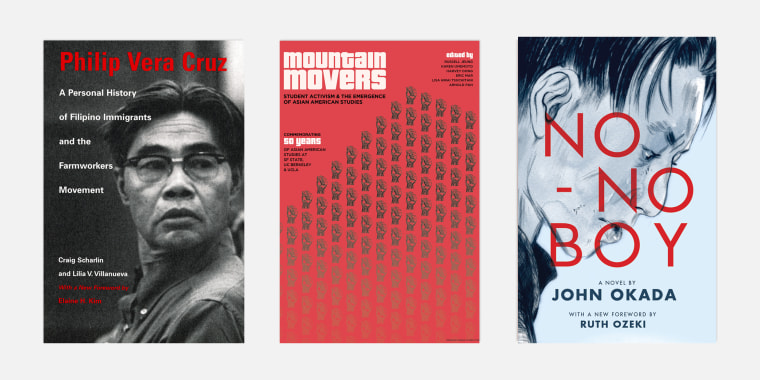As the long-standing xenophobia and racism against Asian Americans reached the national consciousness after the recent surge of anti-Asian attacks and the Atlanta area shootings, there were countless calls for the community to “break our silence.”
But Asian Americans have never been silent. They have long been vocal about injustices — from resistance to racist immigration laws, anti-Chinese purges and lynchings to fighting against Japanese American incarceration, organizing labor strikes, advocating for civil rights and protesting against war, imperialism and police brutality.
Inspired by Black Power and other movements led by people of color, the inherently political term “Asian American” was coined in the late 1960s by students and activists resisting marginalization, racism and gentrification. But as the model minority stereotype gained traction, pitting ethnic groups against one another, the story of radical Asian Americans was not one the media or U.S. history textbooks necessarily wanted to tell.
From biographies and fiction to memoir, poetry and nonfiction, these eight books highlight some of the ways the community has organized, advocated and fought against oppression over the years.
“Mountain Movers: Student Activism & The Emergence of Asian American Studies” edited by Russell Jeung, Karen Umemoto, Harvey Dong, Eric Mar, Lisa Hirai Tsuchitani and Arnold Pan
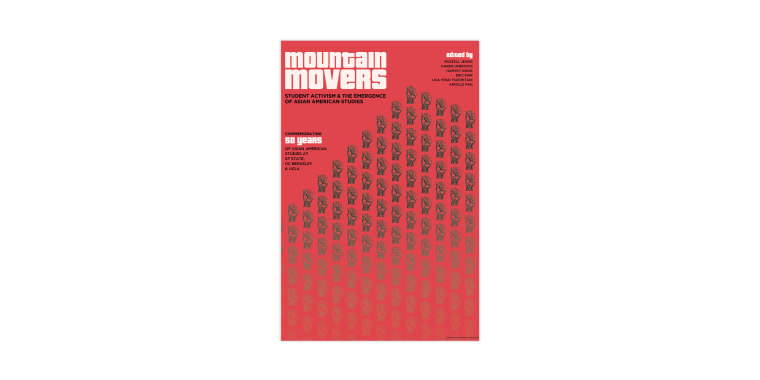
The history of student movements in the turbulent 1960s at San Francisco State University, the University of California, Berkeley, and the University of California, Los Angeles, is chronicled in “Mountain Movers: Student Activism and the Emergence of Asian American Studies.”
While sharing nine oral histories of prior and more recent student activists, the anthology shows how organizing and student strikes led to the establishment of Asian American studies on their respective campuses and other universities, which empowered the community at large.
“Iep Jāltok: Poems from a Marshallese Daughter” by Kathy Jetñil-Kijiner
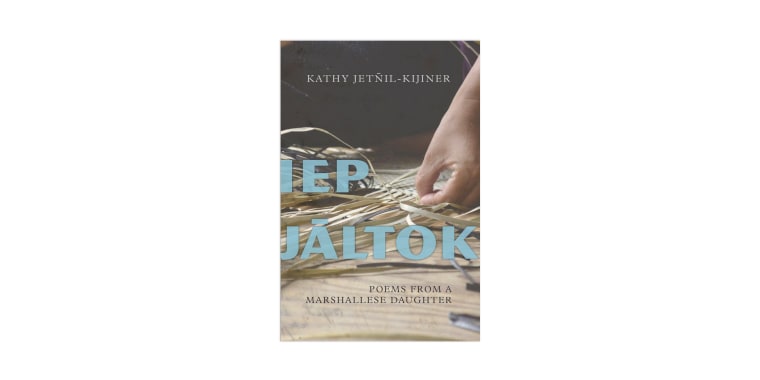
The first published book of poetry by a Marshallese author, “Iep Jāltok: Poems from a Marshallese Daughter” by Kathy Jetñil-Kijiner calls attention to the decades of colonialism, environmental destruction and social injustice experienced by the Marshallese people. Born in the Pacific’s Marshall Islands and raised in Hawaii, Jetñil-Kijiner’s lyrical debut collection, published in 2017, raises serious issues such as nuclear testing, racism and climate change that have and continue to affect both the Marshallese and the diaspora.
“No-No Boy” by John Okada
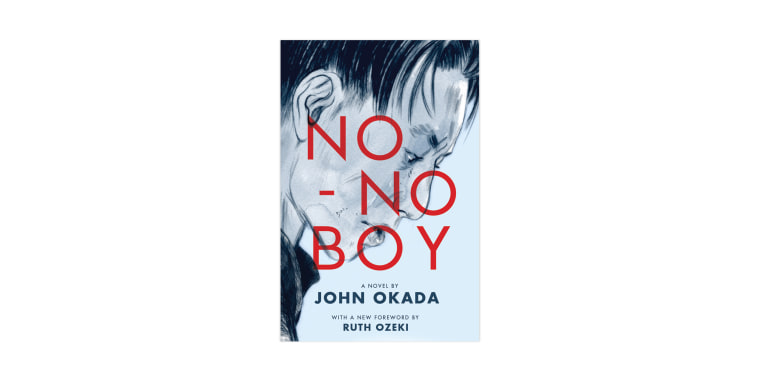
First published in 1957, “No-No Boy” is a fictional story of the real-life “no-no boys” who answered “no” twice to a compulsory government questionnaire asking if they would serve in the armed forces and swear loyalty to America after being forcibly incarcerated by the U.S. government because of their Japanese ancestry during World War II. Through protagonist Ichiro Yamada, who is sentenced to two years in prison for his refusals, the novel explores the fractured postwar Japanese American community.
“Philip Vera Cruz: A Personal History of Filipino Immigrants and the Farmworkers Movement” by Lilia Villanueva and Craig Scharlin
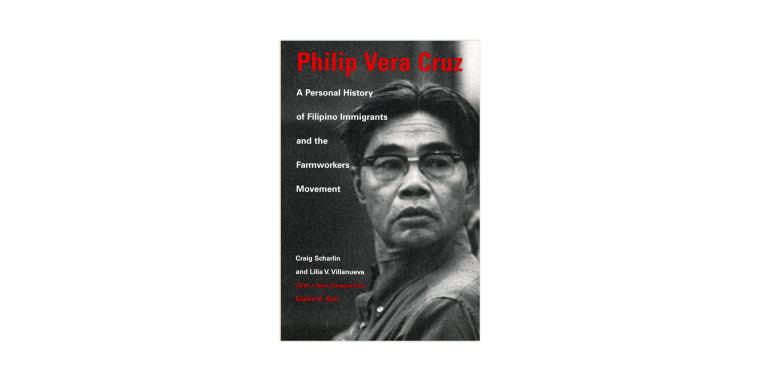
In 1965, Filipino farmworkers sat in the grape fields of Delano, California, starting the strike that led to a dramatic shift in the long history of farm labor struggles in the Golden State. Their efforts were the impetus for the United Farm Workers union under Cesar Chavez. In his oral memoir, the late Philip Vera Cruz, the union’s vice-president, reflects on the discrimination, disgraceful living conditions and oppressive labor practices of the manong generation, the first group of Filipino immigrants to arrive in the U.S. in the 1920s and the 1930s who worked in agricultural jobs in California and Hawaii.
“Chains of Babylon: The Rise of Asian America” by Daryl J. Maeda
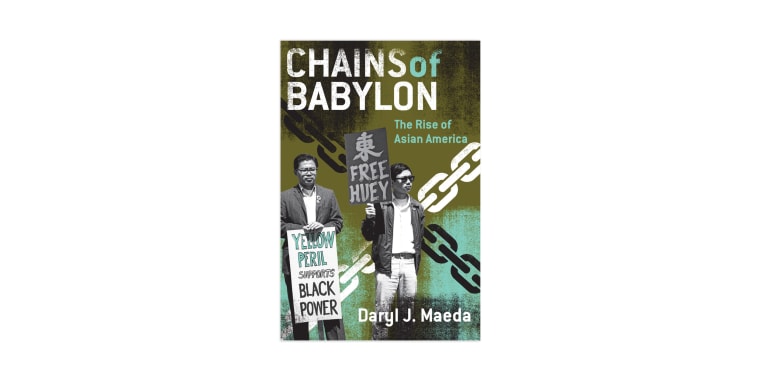
A cultural history of Asian American activism in the late 1960s and the early 1970s, “Chains of Babylon: The Rise of Asian America” traces the rise of the radically antiracist Asian American movement. The book demonstrates how Asians of numerous ethnicities united in racial solidarity under the “Asian American” umbrella and how the Black Power and antiwar movements influenced activists to band together and oppose racism in the U.S., as well as imperialism abroad.
“Many Bridges, One River: Organizing for Justice in Vietnamese American Communities” edited by Thuan Nguyen and Vy Nguyen
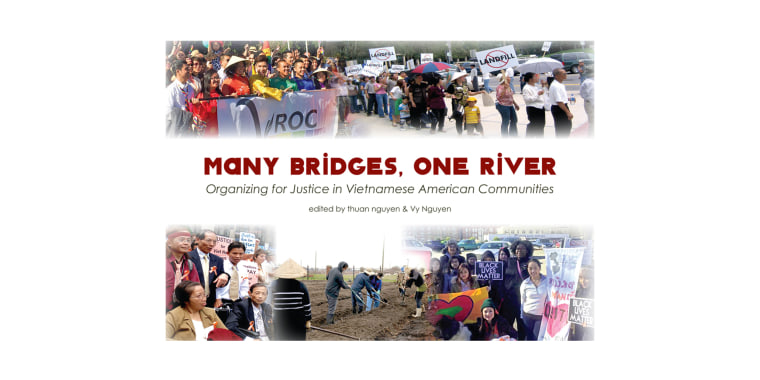
A collection of oral history narratives spotlighting young Vietnamese American community and labor organizers, “Many Bridges, One River: Organizing for Justice in Vietnamese American Communities,” highlights the complexities of working in Viet communities. From anti-war efforts of the Union of Vietnamese in the United States in the 1970s to LBGTQ campaigns in California and post-Hurricane Katrina work in the Gulf Coast, the book examines struggles around "redbaiting," sexism, homophobia, language barriers and intergenerational differences.
“Heartbeat of a Struggle: The Revolutionary Life of Yuri Kochiyama” by Diane Fujino
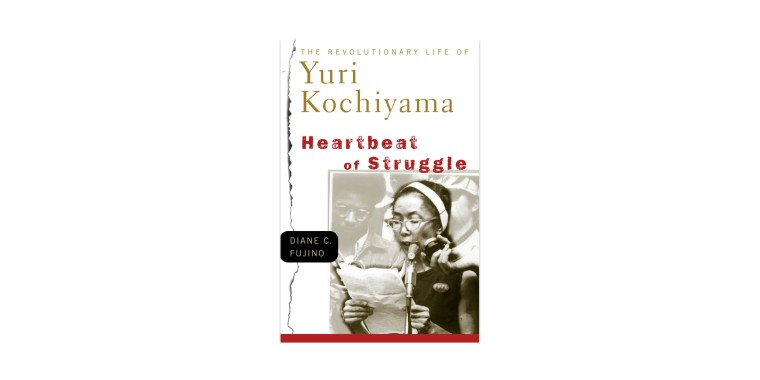
The first biography of Yuri Kochiyama, who famously cradled Malcolm X in her arms as he died inside the Audubon Ballroom in 1965, “Heartbeat of a Struggle” surveys the legendary civil rights activist’s life, from her “all-American” childhood to her family’s forcible incarceration during the war. The traumatic experience led Kochiyama to four decades of tireless social justice work fighting for Black liberation, Asian American equality, Puerto Rican independence and political prisoner defense.
“Desi Divas: Political Activism in South Asian American Cultural Performances” by Christine L. Garlough
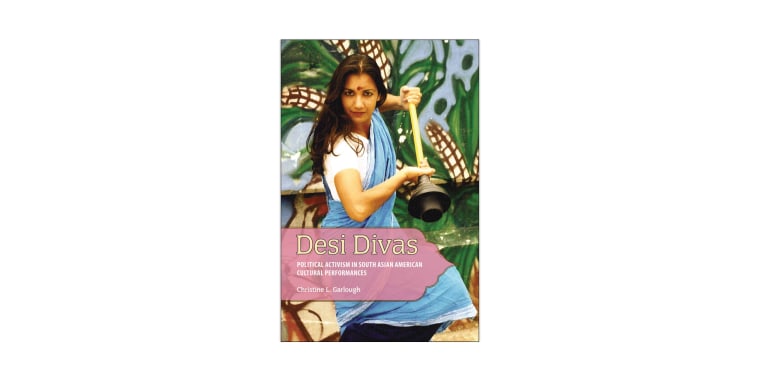
The result of five years of field research with progressive activists, “Desi Divas: Political Activism in South Asian American Cultural Performances” analyzes how traditional cultural forms are used by performance activists to address gender inequality, immigration rights, hate crimes and religious violence. The in-depth book features the School for Indian Languages and Cultures, or SILC, South Asian Americans Leading Together, or SAALT, the feminist dance collective Post Natyam and the grassroots feminist political organization South Asian Sisters.
